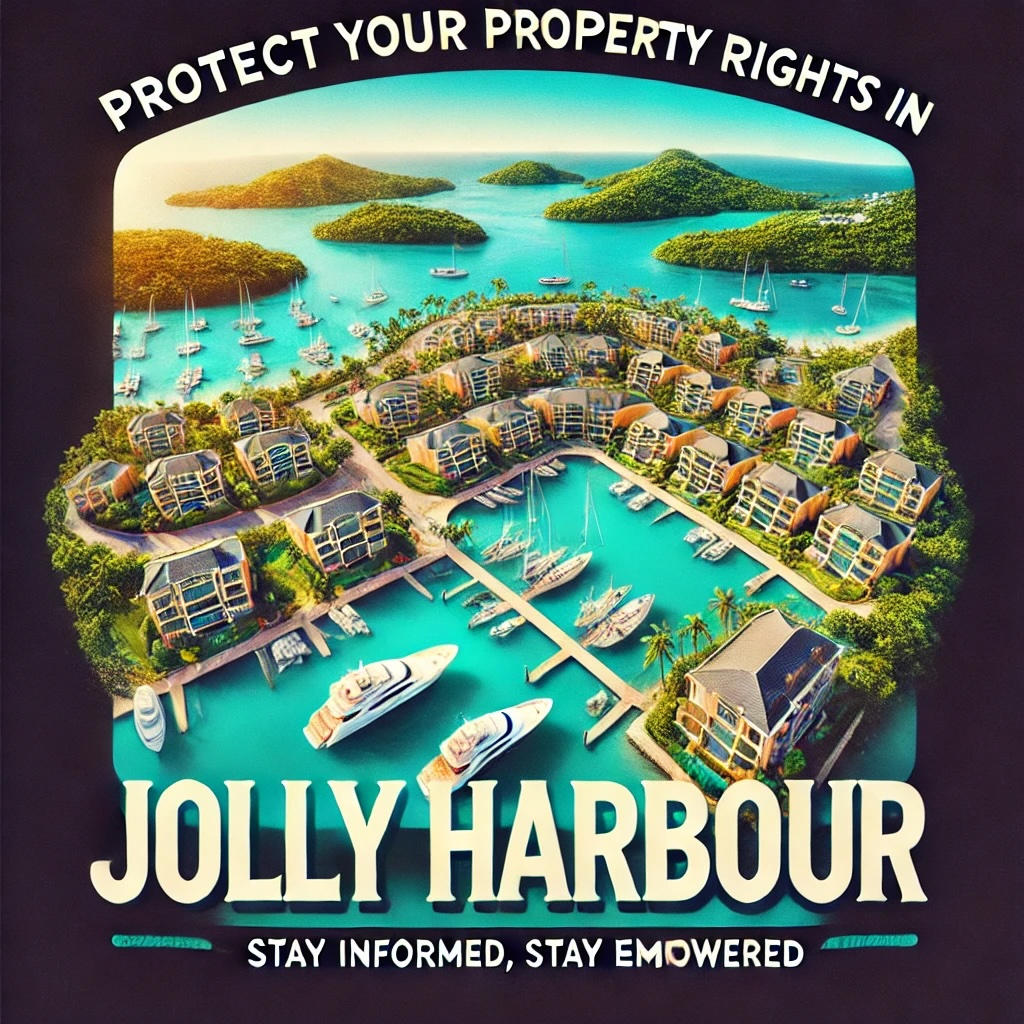In Jolly Harbour, Caribbean Developments (Antigua) Ltd. (CDAL) has come under scrutiny for allegedly stripping away its valuable assets and piling ever-rising liabilities—particularly infrastructure repair costs—onto homeowners via increased maintenance charges. If you're a freeholder not interested in taking over CDAL yourself but determined to hold CDAL responsible for dilapidated infrastructure, the following strategies can help you push back and protect your interests.
📄 Full Article Access
To access the complete article: Contact legal -at- jollyharbour -dot- org with your property details to receive the full content.
